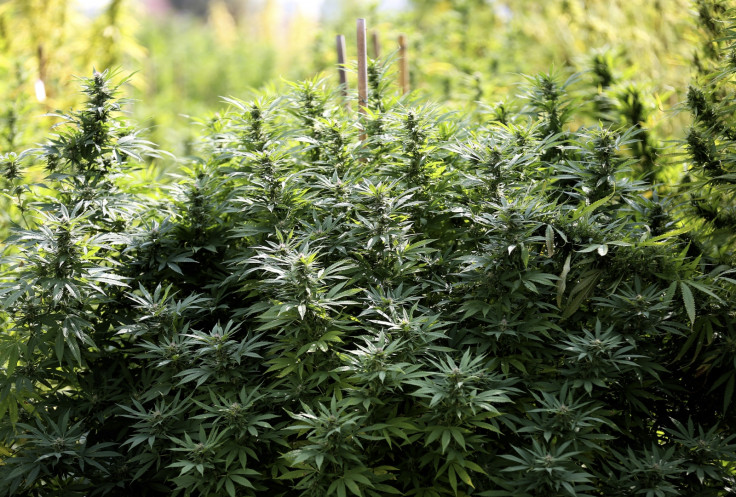Global Warming: Plants Absorbed 1000bn Tonnes More of CO2 Than Calculated During Last 100 Years

Plant absorption of carbon dioxide has been underestimated and can explain the gap in carbon levels as calculated by climate models, says a new study.
Published in Proceedings of the National Academy of Sciences, the study concludes that during the last century living things absorbed 16% more of the gas than suggested by the earth system models.
This could explain the 17% excess of emissions estimated by them, reports BBC.
"There is a time lag between scientists who study fundamental processes and modellers who model those processes in large scale model," explained one of the authors, Dr Lianhong Gu at Oak Ridge National Laboratory.
The authors analysed the mesophyll process, by which CO2 spreads slowly inside leaves, to conclude that more of the gas is absorbed than previously thought.
There have been various explanations for the missing heat which has been predicted by the models but not detected -- ranging from natural ocean circulations that carry the heat deep within, to weak irradiance from the sun.
The carbon dioxide in the atmosphere is partly absorbed by plants while a bulk of it ends up in the oceans. The new findings suggest that plants absorb a little bit more of the greenhouse gas.
Will this help avoid the tipping point – the point of no return? Probably it will ease the pressure a bit but major predictions will remain.
"This new research implies it will be slightly easier to fulfil the target of keeping global warming below two degrees - but with a big emphasis on 'slightly'," said Dr Chris Huntingford, a climate modeller at the UK's Centre for Ecology and Hydrology, not part of the study.
Carbon emissions which are on track to touch 40 billion tonnes this year have risen 142% over pre-industrial era figures.
When this touches 1200 billion tonnes, the planet will see a rise of temperature above the threshold two degrees C and will cross over to a point of irreversible climate change effects.
That could happen as early as in three decades, according to latest projections.
© Copyright IBTimes 2025. All rights reserved.





















